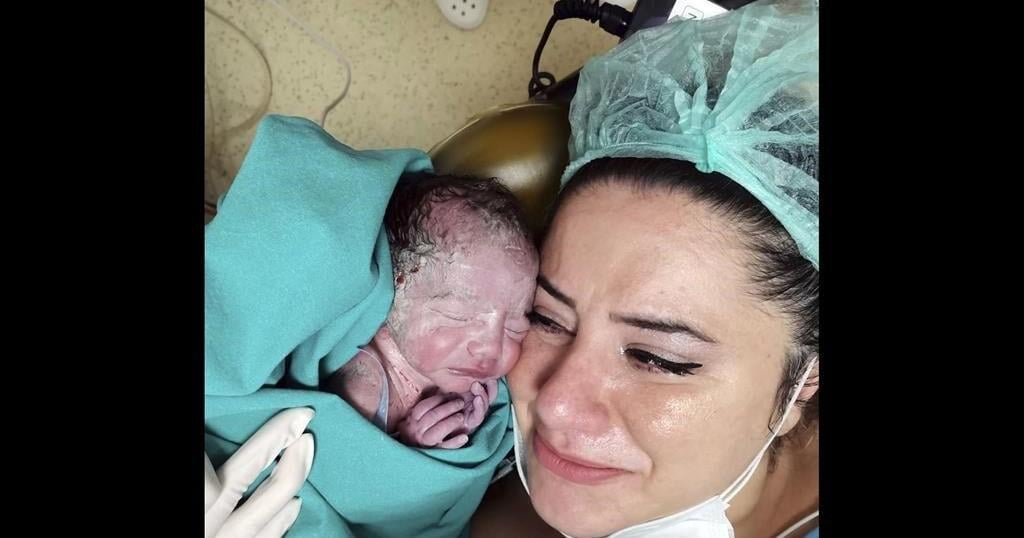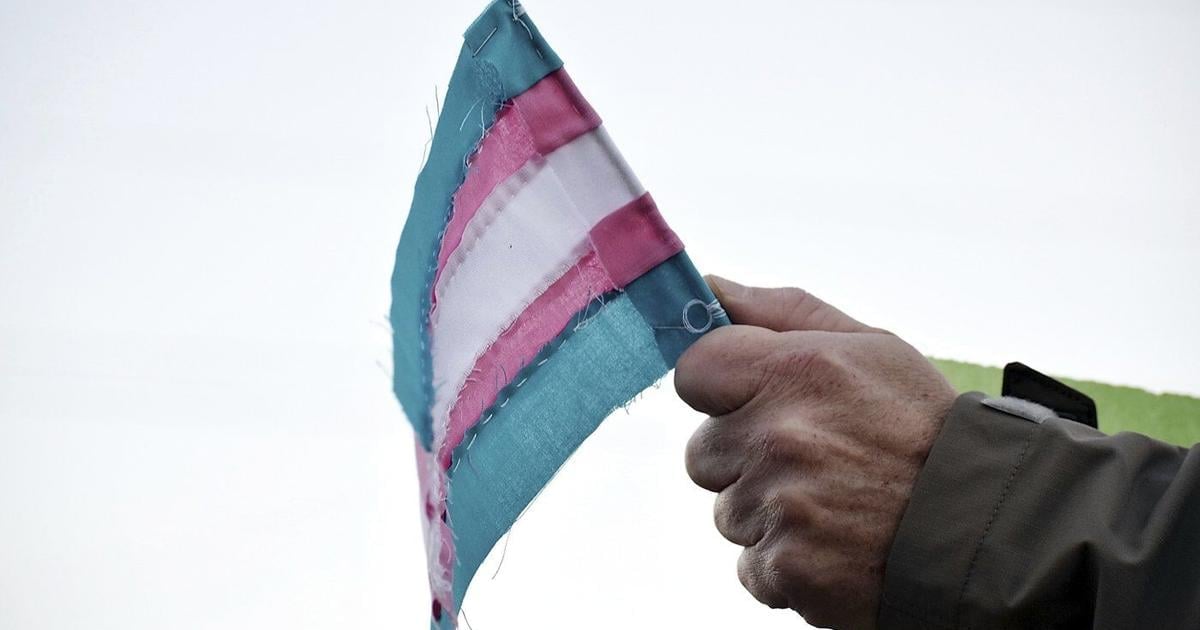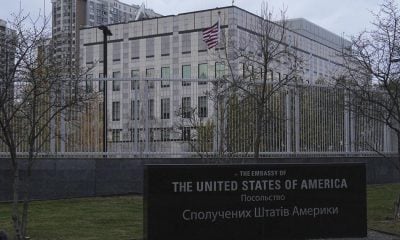ANKARA, Turkey (AP) — The mother thought her baby looked healthy when he was born 1.5 months early, but staff swiftly whisked him to the neonatal intensive care unit.
It was the last time Burcu Gokdeniz would see her baby alive. The doctor in charge told her that Umut Ali’s heart stopped after his health deteriorated unexpectedly.
Seeing her son wrapped in a shroud 10 days after he was born was the “worst moment” of her life, the 32-year-old e-commerce specialist told The Associated Press.
Gokdeniz is among hundreds of parents who have come forward seeking an investigation into the deaths of their children or other loved ones since Turkish prosecutors accused 47 doctors, nurses and ambulance drivers and other medical workers of neglect or malpractice in the deaths of 10 newborns since last year.
The medical workers say they made the best possible judgment calls while caring for the most delicate patients imaginable, and face criminal penalties for unwanted outcomes.
Shattered parents say they have lost trust in the system and the cases have prompted so much outrage that demonstrators staged protests in October outside hospitals where some of the deaths occurred, hurling stones at the buildings.
Prosecutors haven’t said how much the defendants allegedly earned. After the scandal emerged, at least 350 families petitioned prosecutors, the Health Ministry or the president’s office seeking an investigation into the deaths of their loved ones, the state-run Anadolu Agency reported.
The prosecution’s case
Prosecutors are demanding up to 583 years in prison for the main defendant, Dr. Firat Sari, who operated the neonatal intensive care units of several hospitals in Istanbul. Sari is charged with “establishing an organization with the aim of committing a crime,” “defrauding public institutions,” “forgery of official documents” and “homicide by negligence.”
Prosecutors say that the evidence clearly shows medical fraud for profit. An indictment issued this month accused the defendants of falsifying records, and placing patients in the neonatal care units of some private hospitals for prolonged and sometimes unnecessary treatments in facilities unprepared to treat them.
Turkey guarantees all citizens health care, and its public health system reimburses private hospitals that treat eligible patients. President Recep Tayyip Erdogan’s ruling party, in power since 2002, has promoted the expansion of private health care facilities to improve access in the country of 85 million people.
Years without a family, then a death
After years of fertility treatment, Ozan Eskici and his wife welcomed twins — a boy and a girl — to one of Sari’s hospitals in 2019. Although the babies initially appeared to be healthy, both were admitted to intensive care. The girl was discharged after 11 days, but the boy died 24 days later.
During questioning by prosecutors, Sari denied accusations that the babies were not given the proper care, that the neonatal units were understaffed or that his employees were not appropriately qualified, according to a 1,400-page indictment.
He told prosecutors: “Everything is in accordance with procedures.”
This week, a court in Istanbul approved the indictment — which includes hundreds of pages of transcripts of secretly taped recordings of telephone conversations between suspects — and scheduled the trial date for Nov. 18.
The way that the case has horrified the nation has left the defendants increasingly isolated.
Lawyer Ali Karaoglan said he and two other attorneys who represented Sari during the investigation have recently withdrawn from the case. And authorities have since revoked the licenses and closed nine of the 19 hospitals implicated in the scandal, including one owned by a former health minister.
The scandal has led main opposition party leader Ozgur Ozel to call for all hospitals involved to be seized by the state and nationalized. Erdogan said those responsible for the deaths would be severely punished but warned against placing all blame on the country’s health care system.
“We will not allow our health care community to be battered because of a few rotten apples,” Erdogan said, calling the alleged culprits “a gang of people devoid of humanity.”
“This gang … committed such despicable atrocities by exploiting the facilities provided by our state to ensure citizens with higher quality and more accessible, affordable healthcare,” Erdogan said.
He added: “Those who commit such barbarism will be held accountable before the law in the most severe way for their crimes. As the president, I will continue to follow this issue personally to ensure that these killers, who played with the lives of innocent babies for financial gain, never see the light of day again.”
No more trust in the system
Gokdeniz, who gave birth in 2020, said she trusted Sari and accepted her son’s death as natural until she watched the scandal unfold in TV news and on social media.
“It all started to fall into place like dominoes,” she said.
Eskici, too, had placed complete trust in Sari, whose assurances he now views as cruel deceptions.
“The sentences he told me are in front of my eyes like it was yesterday,” he said.
Sibel Kosal, who lost her baby daughter Zeynep at a private hospital in 2017, is also seeking answers. She says the scandal has shattered her trust in the health care system and left her in constant fear for her surviving children.
“They have ruined a dad and a mom,” she said.
Kosal pleaded to the authorities to take immediate action.
“Don’t let babies die, don’t let mothers cry,” she said. “We want a livable world, one where our children are safe.”
——
Badendieck reported from Hamburg, Germany.























